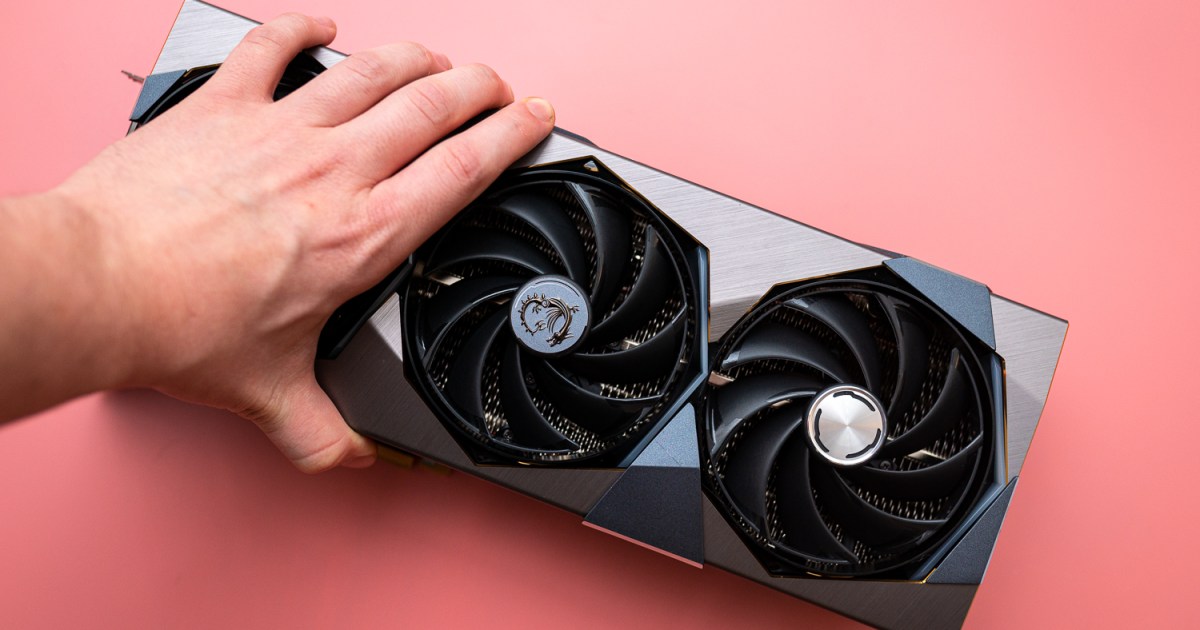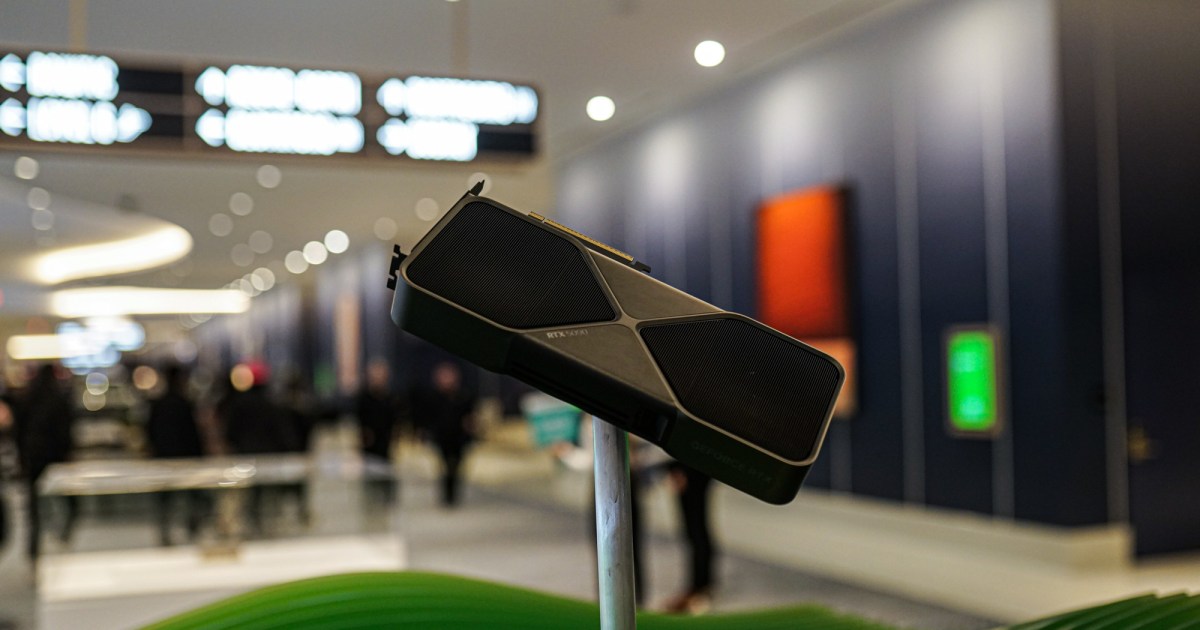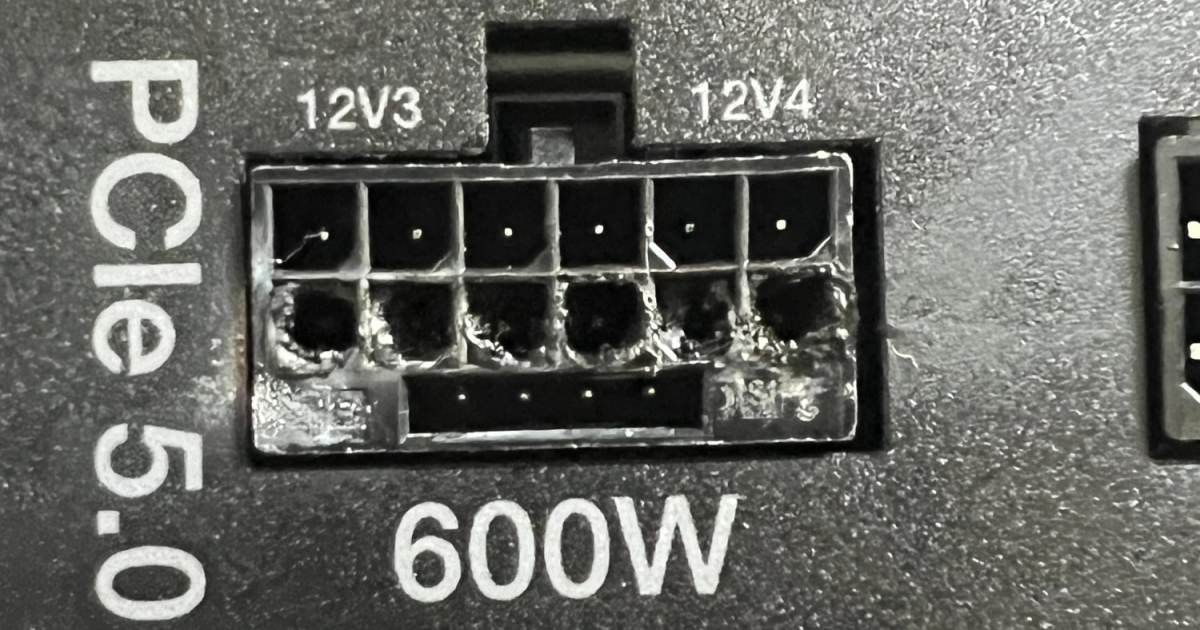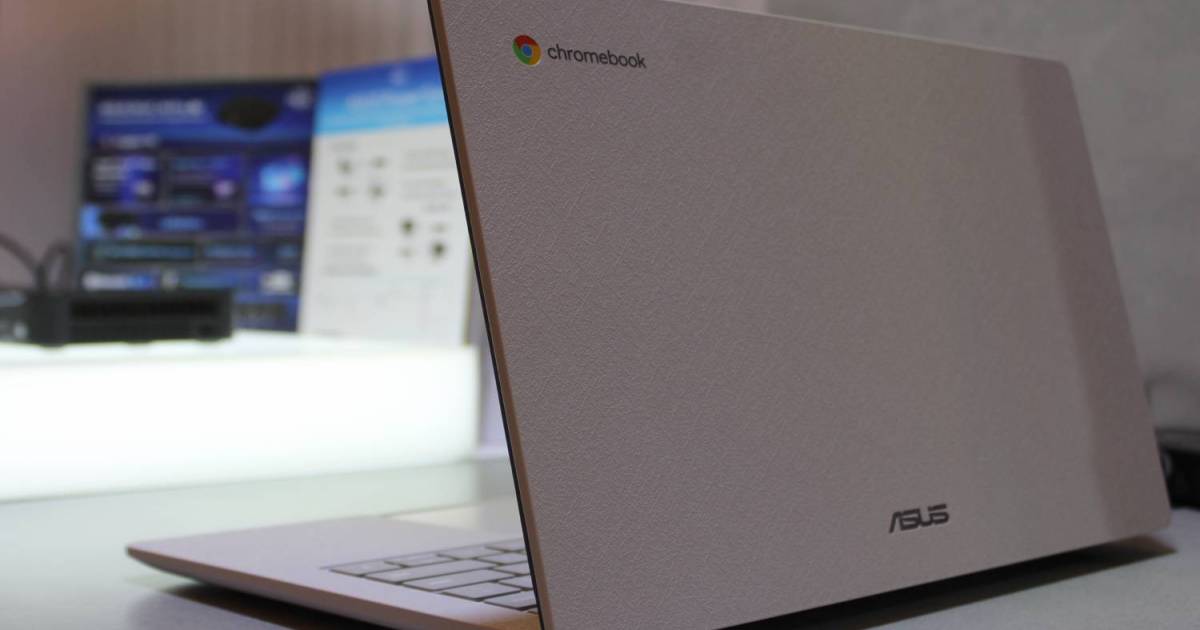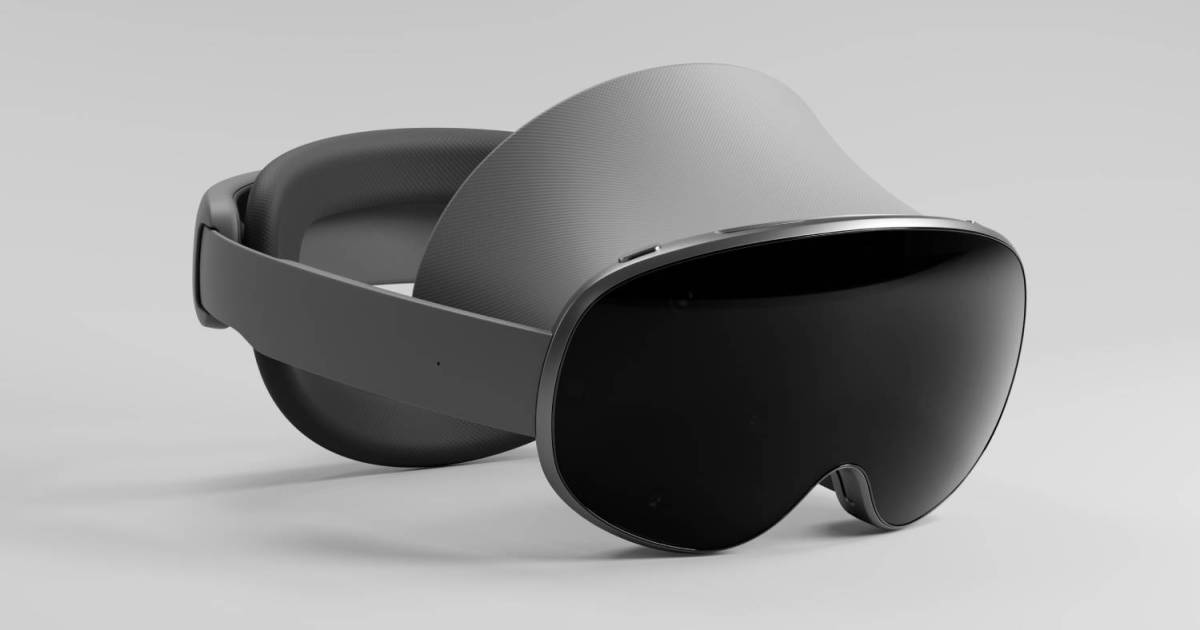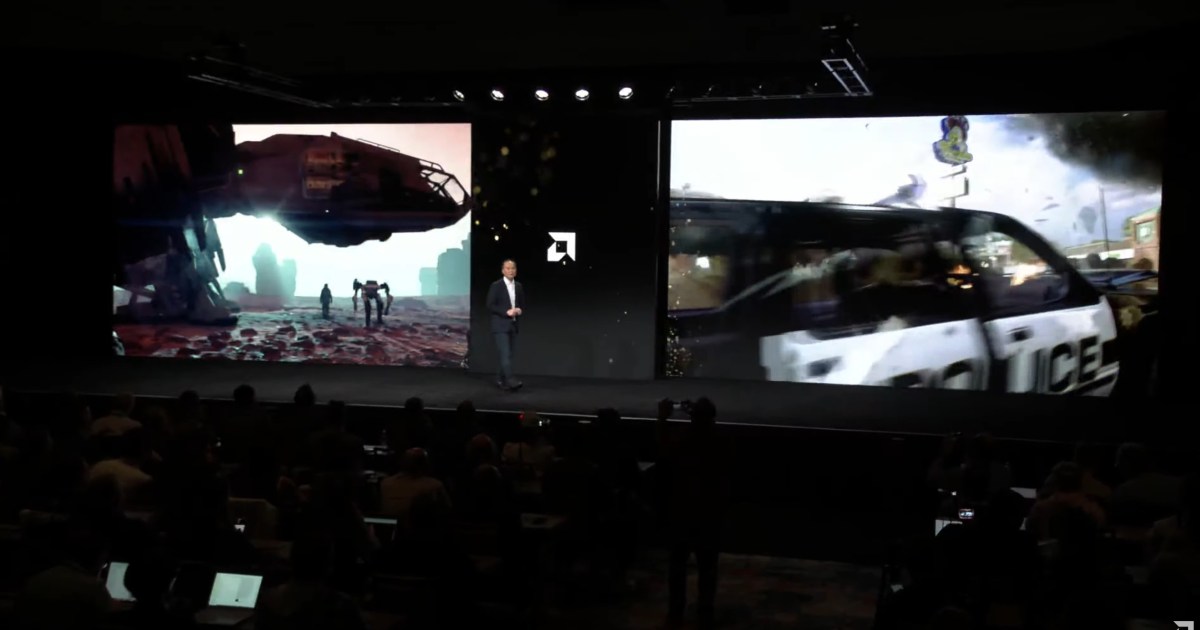Nvidia’s RTX 50-series GPUs are almost here, promising significant performance boosts with features like DLSS 4. However, recent comments from Nvidia’s Bryan Catanzaro suggest that even older RTX graphics cards might eventually benefit from features like DLSS Multi-Frame Generation. Could this make upgrading to the latest generation less appealing?
DLSS, or Deep Learning Super Sampling, has become a central selling point for Nvidia’s recent GPUs. The latest iteration, DLSS 4, boasts up to 4X frame generation, a feature currently exclusive to the RTX 50-series. But in a recent interview with Digital Foundry, Catanzaro, a key figure in DLSS development, hinted at the possibility of bringing frame generation to older RTX generations. He stated that enabling this feature on older hardware is “primarily a question of optimization,” adding that Nvidia will “see what we’re able to squeeze out of older hardware in the future.”
This statement has sparked speculation about the potential for DLSS frame generation on RTX 30-series and 40-series cards. While these older GPUs lack the advanced Tensor cores of the 50-series, they still possess AI hardware capable of, at least theoretically, performing frame generation. Tools like Lossless Scaling already offer a glimpse into multi-frame generation on older hardware, demonstrating its feasibility, albeit with some compromises in quality and performance.
The key question for Nvidia isn’t whether frame generation is possible on older GPUs, but whether it’s practical. Backporting this technology would likely entail a trade-off in quality. More importantly, performance could be a significant hurdle. Older generations might struggle with the computational overhead of the frame generation algorithm, potentially negating any performance gains. Frame pacing, another crucial aspect of smooth gameplay, would also need careful consideration. The less powerful Tensor cores in older cards might lead to longer processing times, disrupting frame pacing and introducing noticeable stutters.
While the prospect of frame generation on older RTX GPUs remains uncertain, all RTX cards will benefit from DLSS 4’s underlying improvements. Nvidia’s shift from a Convolutional Neural Network (CNN) to a transformer model promises enhanced quality for all RTX GPUs utilizing DLSS, regardless of generation.
In conclusion, while the RTX 50-series offers cutting-edge features like DLSS 4 with 4X frame generation, the possibility of similar capabilities coming to older RTX cards might influence purchasing decisions. Nvidia’s ongoing optimization efforts could potentially extend the lifespan of previous-generation GPUs, offering a compelling alternative to upgrading for some users.



